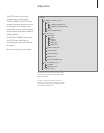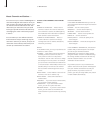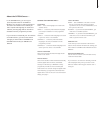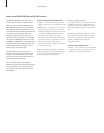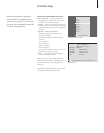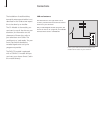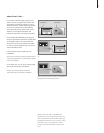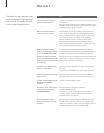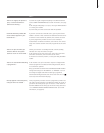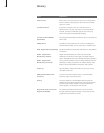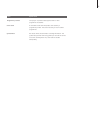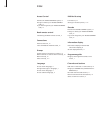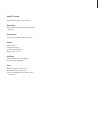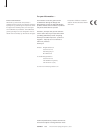
Glossary
Term Explanation
Allows user to set a password to control access to programmes
based on channel, rating (based on the motion picture rating
system) or content.
A system for restricting access to a particular service to
authorised users only (e.g. subscribers to a particular digital
bouquet, purchasers of individual pay-per-view events), by
means of encryption and authorised decoding.
Decrypting and descrambling module that acts as card reader for
Smart Cards.
The DiSEqC switch enables the user to select one LNB signal
between different LNBs. You can control up to 16 LNBs in total.
Broadcast standard for digital radio and television, using MPEG II
compression.
Digital Video Broadcasting: A coherent set of European
standards for transmission and reception of digital television
signals. Although European, the standards have been adopted in
many countries worldwide. There are many standards within the
DVB family, including specifications for satellite (DVB-S), cable
(DVB-C) and terrestrial (DVB-T) transmission and reception.
Physical quantity, indicates the number of cycles per second,
measured in Hertz (Hz).
Converts microwave frequency blocks to the intermediate
frequency range covered by the tuner.
For better utilisation of the available frequency bands, the
satellites transmit adjacent programmes, with opposite polarity
(horizontal and vertical). Reception of both horizontal and
vertical polarity is covered by the universal LNB.
This interactive feature allows the user to access and scroll
through complete programme listings covering now and next
programmes on the television screen.
18
Access Control
Conditional Access
Conditional Access Module
(CA Module)
DiSEqC switch
DVB – Digital Video Broadcasting
DVB-S – Digital Video
Broadcasting- Satellite
DVB-T – Digital Video
Broadcasting- Terrestrial
Frequency
LNB (Low Noise Block down-
Converter)
Polarity
Programme Guide or Electronic
Program Guide (EPG)



